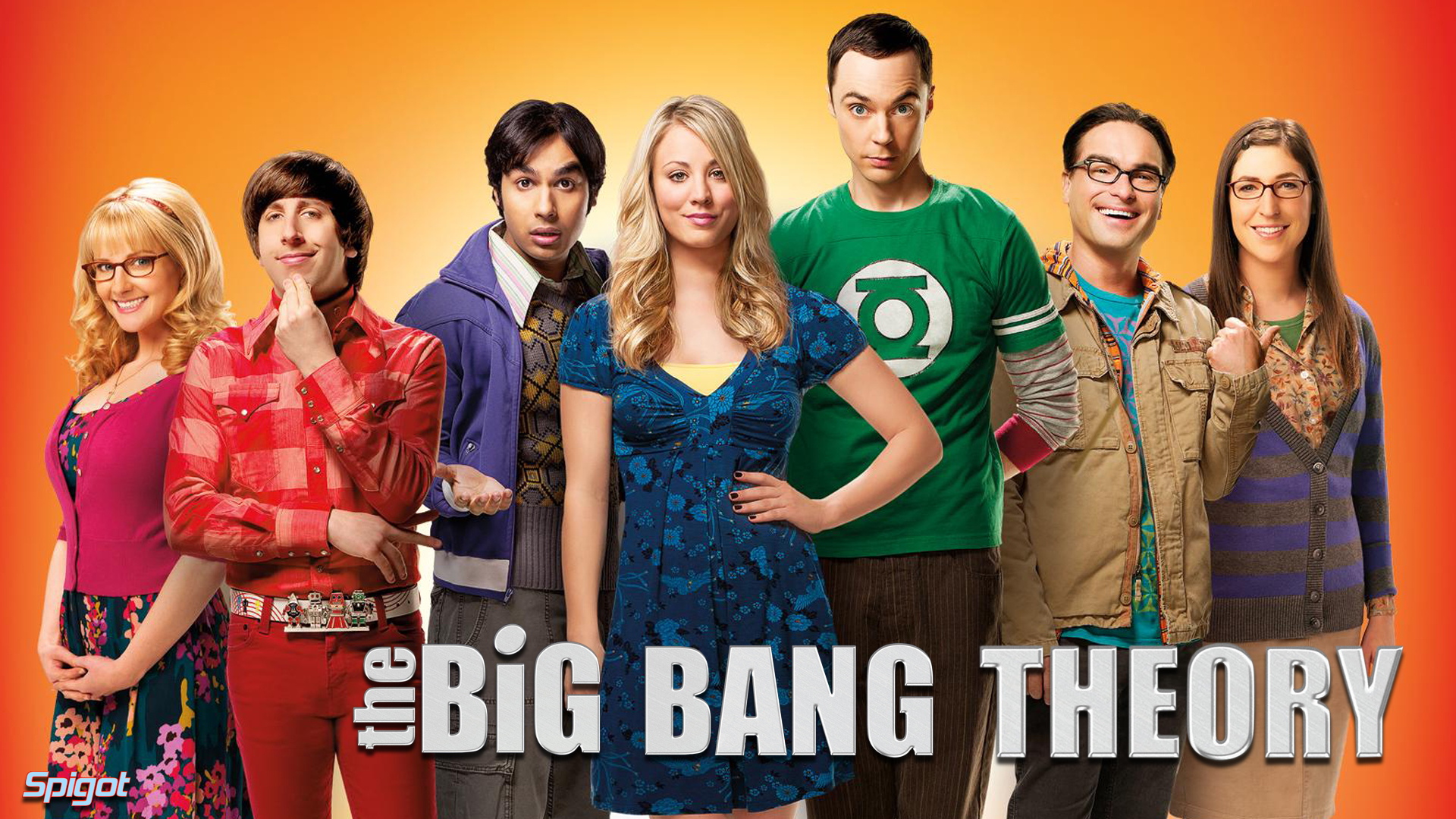Science needs heroes and a wonderful team
Science needs a cocktail of humor, simplicity and bunch of exciting results to take it down the gut by non-scientific audience. Science needs heroes and some wonderful storytellers and for that it needs a team. Good science at every level is a team effort of excellent researchers, technicians, funding agencies and many more. Nowadays PI recruits researchers on the basis of their varied skills and make a team of skilled molecular biologists, system biologists, bio-informaticians etc to publish a good piece of work.
Scientific Policy makers and the advisory board people in government help out in making effective plans and schemes to popularize science and further to benefit society in its way. As a recent example we all are experiencing an impact on our scientific life by the partial shutdown of government funded facilities for a period. However PubMed service is open and is being maintained with minimal staff. A lapse in government funding resulted in a state of panic in the life of many scientists and labs running across the globe with the funding from USA.gov.
The importance of science communicators and story tellers is often under recognized. The heavy experimental, theoretical and Astrophysics geeky researchers became so cool after an American sitcom “The Big Bang Theory” created by Chuck Lorre and Bill Prady. The story writers of the scientific comedy show excellently created lead characters of the show, roommates Leonard Hofstadter and Sheldon Cooper both science geeks and socially awkward friends. This show became a huge hit, with its many seasons launched and popularized science and research in an interesting way among non scientific audiences.
As a cancer researcher working in a lab with research area primarily in cervical cancer, I routinely come across experiments going on HeLa cell lines. Apart from HeLa many others cell lines of Leukemia and other cancers are also widely used in our lab. Few days ago I came across news regarding HeLa cell line genome and the ongoing debate on its access. A huge success was made after a series of long discussions between the Henrietta Lacks family and National Institutes of Health (NIH), USA with the help of Rebecca Skloot (story writer), academic leaders, genetic counselor, medical-geneticists and many more. A mutually acceptable agreement was made that will keep Ms. Lacks’ family privacy as well will help in advancement of future medical research. Henrietta Lacks will always be remembered for her immense contribution to science.

The worth of cell lines as model to study cancer is beyond words. It has been a years since HeLa cells were in news for; its origin, ethics behind its origin and many more but again after years it hit the news for a different reason giving rise to a new series of debate. This time sequenced HeLa cell line genome gave rise to a new set of controversy starting new discussion and debate among researchers and policy makers on the extent of access to a data seeking a balance between importance of large HeLa genome data and researcher’s access to it and further the family’s privacy involved. If the sequenced HeLa cell genome becomes public and fully accessible it may create a problem for the Lacks family because it also contains some personal information about Ms. Lacks’ family, like their risks of other diseases etc which may become public. But if the data is blocked and not published it will be big loss for thousands of researchers working in this field and further a loss for science in all. This incidence in itself highlighted the major role of story teller who helped the family in understanding the importance of the data for scientific community. The genetic counselors and scientists who explained to the family the wealth of data from the sequenced genome for future therapeutics leads.
In all Science needs heroes (spider man created curiosity in kids regarding genetic mutation), academicians, scientist, researchers, story tellers, counselors and many more (not to forget funding agencies) to excel and work for society betterment and novel findings.
Deepshikha Mishra is a Ph.D student in Banaras Hindu University, Varanasi, India.
